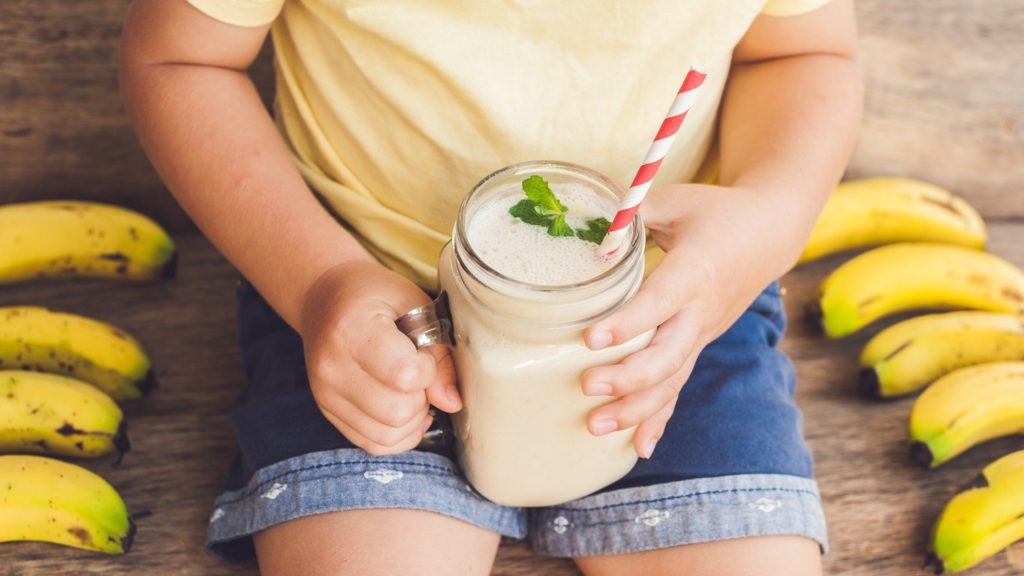Can Kids Take Collagen?

Kids can take collagen, but it’s best to consult a pediatrician first. Safety and dosage need professional guidance.
Collagen supplements are popular among adults for their potential benefits to skin, hair, and joints. Parents often wonder if these supplements can also benefit their children. While collagen is a natural protein found in the body, its supplementation for kids requires careful consideration.
Pediatricians can provide tailored advice based on a child’s specific health needs and conditions. Collagen is generally safe, but professional input ensures appropriate dosage and avoids potential risks. Always prioritize your child’s health by seeking medical advice before introducing any new supplement. This ensures optimal safety and effectiveness.

Credit: www.pinterest.com
The Role Of Collagen In Child Development
Collagen is essential for children’s growth and overall health. This protein supports the development of bones, skin, and tissues. Understanding its role can help parents ensure their kids get the nutrients they need.
Collagen Essentials For Growing Bodies
Children’s bodies are constantly growing and changing. Collagen plays a vital role in this process. It provides structure and support to various parts of their bodies.
Here are some key benefits of collagen for kids:
- Supports healthy bones
- Promotes skin elasticity
- Aids in tissue repair
Ensuring adequate collagen can make a big difference in a child’s development.
Impact On Bones, Skin, And Tissues
Collagen is a key component of bones, skin, and tissues. It helps maintain strong bones, keeping them resilient and less prone to fractures.
For the skin, collagen keeps it smooth and elastic. This is important during growth spurts when the skin stretches.
In tissues, collagen supports the repair and regeneration process. This is crucial for active kids who often get minor injuries.
Below is a table summarizing collagen’s impact:
| Body Part | Role of Collagen |
|---|---|
| Bones | Strengthens and supports growth |
| Skin | Maintains elasticity and smoothness |
| Tissues | Aids in repair and regeneration |
Ensuring kids get enough collagen can support their overall growth and health.

Credit: frogfuel.com
Safety And Considerations For Collagen Supplementation
Parents often wonder if their kids can take collagen supplements. Understanding the safety and considerations is crucial. This guide explores the need for collagen in children, potential side effects, and interactions.
Assessing The Need For Supplements In Children
Children typically get nutrients from a balanced diet. Before giving supplements, consider these points:
- Consult a pediatrician for advice on supplements.
- Check if your child has any dietary deficiencies.
- Understand that kids usually don’t need extra collagen.
Potential Side Effects And Interactions
Collagen supplements can have side effects. Here are some potential issues:
| Side Effect | Description |
|---|---|
| Allergic Reactions | Some kids might be allergic to collagen. |
| Digestive Issues | Supplements can cause stomach aches or nausea. |
| Interaction with Medications | Collagen might interact with other medications. |
To ensure safety, follow these tips:
- Start with a small dose.
- Monitor your child for any adverse reactions.
- Choose high-quality, trusted supplements.
Always prioritize your child’s health. Consult a healthcare professional before starting any supplement.
Natural Sources And Dietary Approaches
Parents often wonder if kids can take collagen. A great way to ensure children get collagen is through natural sources and dietary approaches. This ensures they receive nutrients in a balanced manner.
Collagen-rich Foods For Kids
Kids can benefit from eating foods rich in collagen. Here are some easy-to-find options:
- Bone Broth: Rich in collagen and easy to make.
- Chicken: Contains collagen, especially in the skin and bones.
- Fish: Fish skin is a great source of collagen.
- Egg Whites: High in proline, an amino acid needed for collagen.
- Citrus Fruits: High in vitamin C, which helps collagen production.
Incorporating Collagen Into A Balanced Diet
It’s important to ensure kids have a balanced diet. Here’s how to incorporate collagen-rich foods:
- Morning Smoothies: Add egg whites to smoothies.
- Lunch Soups: Serve chicken or bone broth soup.
- Snacks: Offer citrus fruits like oranges or grapefruits.
- Dinner: Prepare fish with the skin on.
Balancing these foods with vegetables, fruits, and grains is key. This way, kids get a variety of nutrients.
| Food | Collagen Benefit |
|---|---|
| Bone Broth | High in collagen |
| Chicken | Contains collagen in skin and bones |
| Fish | Fish skin is rich in collagen |
| Egg Whites | High in proline |
| Citrus Fruits | Helps collagen production |
Ensuring kids eat these foods helps their overall health. Remember to keep portions suitable for their age.

Credit: cbsupplements.com
Frequently Asked Questions
At What Age Can Kids Take Collagen?
Kids can start taking collagen supplements around the age of 13. Consult a pediatrician for personalized advice.
Can Collagen Help Kids Grow?
Yes, collagen can support kids’ growth. It aids in healthy bones, joints, and skin development. Always consult a pediatrician before supplementation.
Is Collagen Good For 13 Year Old Skin?
Yes, collagen is safe for 13-year-old skin. It supports skin elasticity and hydration, promoting a healthy complexion.
What Is The Downside Of Taking Collagen?
Taking collagen may cause digestive issues, such as bloating or diarrhea. Some people might experience allergic reactions or skin rashes. Always consult a healthcare provider before starting supplements.
Is Collagen Safe For Kids?
Collagen is generally safe for kids, but consult a pediatrician first.
Conclusion
Considering collagen for kids requires careful thought. Consult with a pediatrician before starting any supplement. Natural sources like bone broth and fish can be beneficial. Prioritize a balanced diet to support children’s health. Always ensure any supplement is safe and appropriate for your child’s specific needs.
